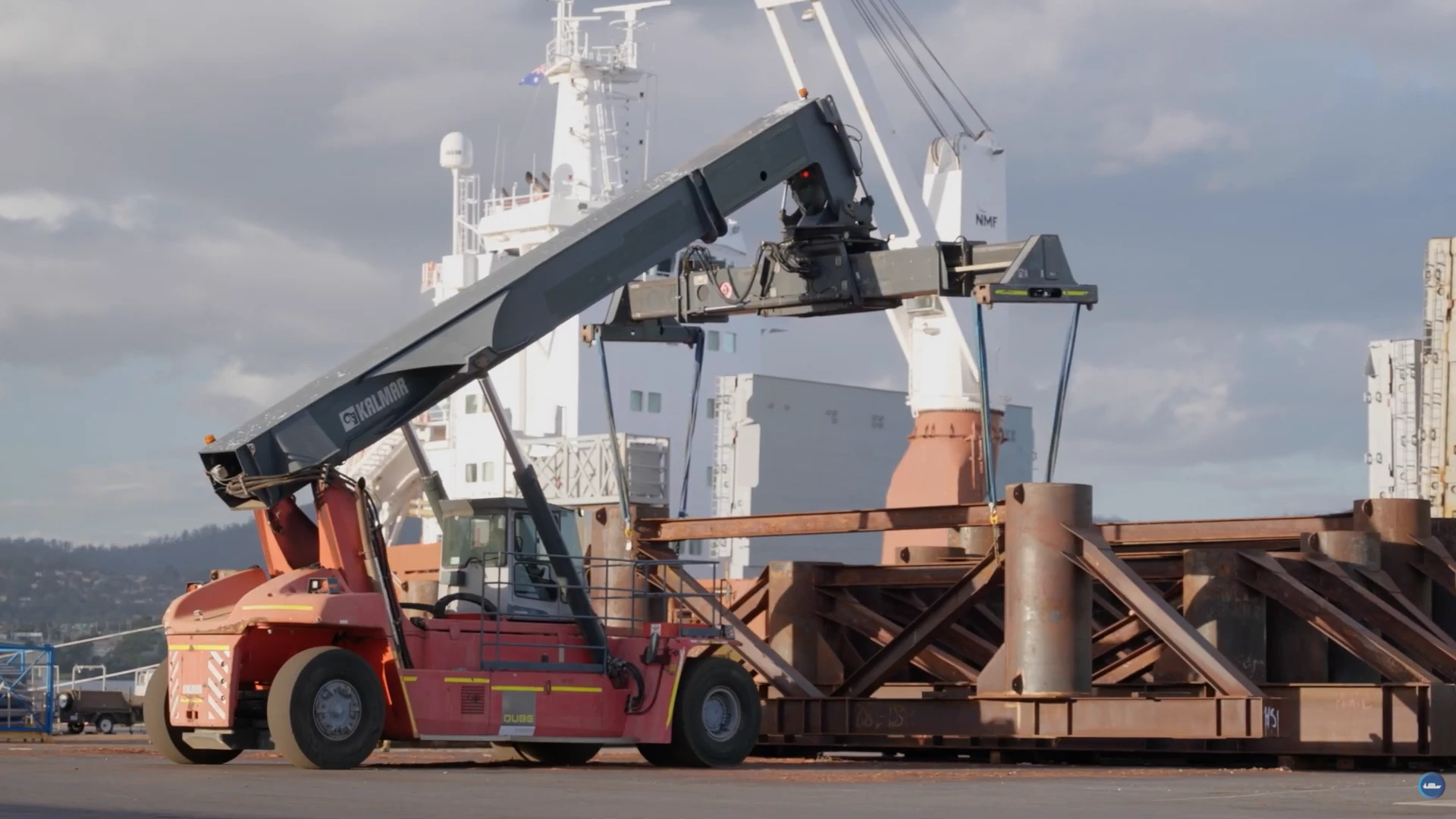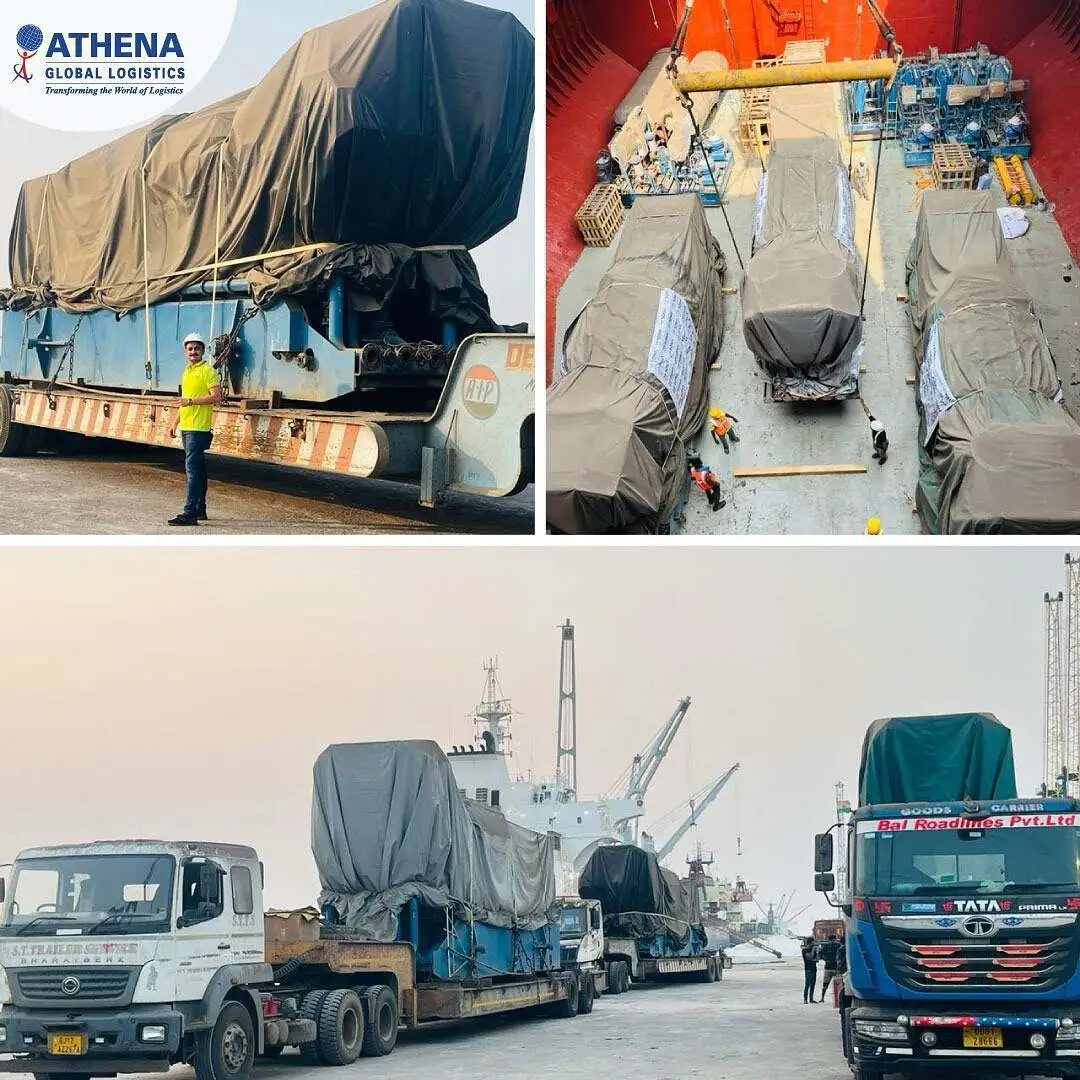Henry Ye, WiseTech Global’s General Manager for Greater China and Head of Corporate Development, Asia, shares his key tips for expanding your logistics business into the complex but lucrative Chinese market.
The Local Knowledge You Need to Survive and Thrive in China
You’ve decided you want to expand your business into China. The growth opportunity seems too good to pass up, but the list of challenges can be daunting. You may encounter a language barrier, cultural differences, a range of compliance issues, difficulties in building a network and the time difference, just to name a few.
However, accessing this market could be a game changer for your business. Having helped grow WiseTech Global’s business in China to nearly 100 staff members in five offices around the country, I have plenty of insights for other companies that are interested in exploring business opportunities in this region.
Growing Market, Growing Pains
China is the world’s largest exporter and is second only to the United States in terms of imports. Its rapidly growing middle class is larger than the United States, numbering over 100 million by global standards in 2015 according to Credit Suisse. This trend, combined with a desire for foreign products by Chinese consumers and a market that is rapidly moving from manufacturing to a service-based economy, indicates benefits for companies looking to establish themselves in the region.
Accessing this opaque market however is easier said than done. Customs and compliance rules differ between ports and nationwide systems may be supplemented or completely replaced in certain localities.
Connections Are Everything
Navigating this complex web of regional variations requires local knowledge and local networks. Guanxi, sometimes translated as connections or relationships, is a central part of doing business in China. Simply put, building a network is essential.
This makes finding a partner in China, or a strong network of partners, very important for newly establishing businesses. You need to do your homework, look for international connections, and confirm reviews and recommendations independently. If you are interested, our team may be able to help you make a connection and foster a relationship based on shared practices and values.
These personal and business ties often require a significant investment of time and energy to produce any tangible results, but our China-based team have English and Mandarin language capabilities to help simplify the process.
International companies opening businesses in China may begin by setting up a Wholly Foreign Owned Enterprise (WFOE). However, taking this leap without the benefit of local knowledge can present a risk.
Having the Right Systems
The above only reinforces the need to work closely and stay connected with your network in China, no matter what stage of business cycle you are in. Having an integrated, internationally recognized system such as CargoWise One can be an effective first step in managing your relationships and ensuring you can collaborate anywhere in China and around the world. Our system allows you to view Chinese electronic accounting data in International Accounting Standards formats and supports Golden Tax Machine integration, which may help minimize errors or discrepancies in your financial information. CargoWise One, including our training material, is also available in English and Chinese.
Overall, patience and investment in networks should drive your efforts to establish your business into China. Building a network and doing your research will help you manage the risks and seize the opportunities that the country can offer. Every business is different and the challenges you face will be unique to you, so if you want to discuss anything you have read here or the potential of establishing or expanding your business in this region please get in touch with me.






